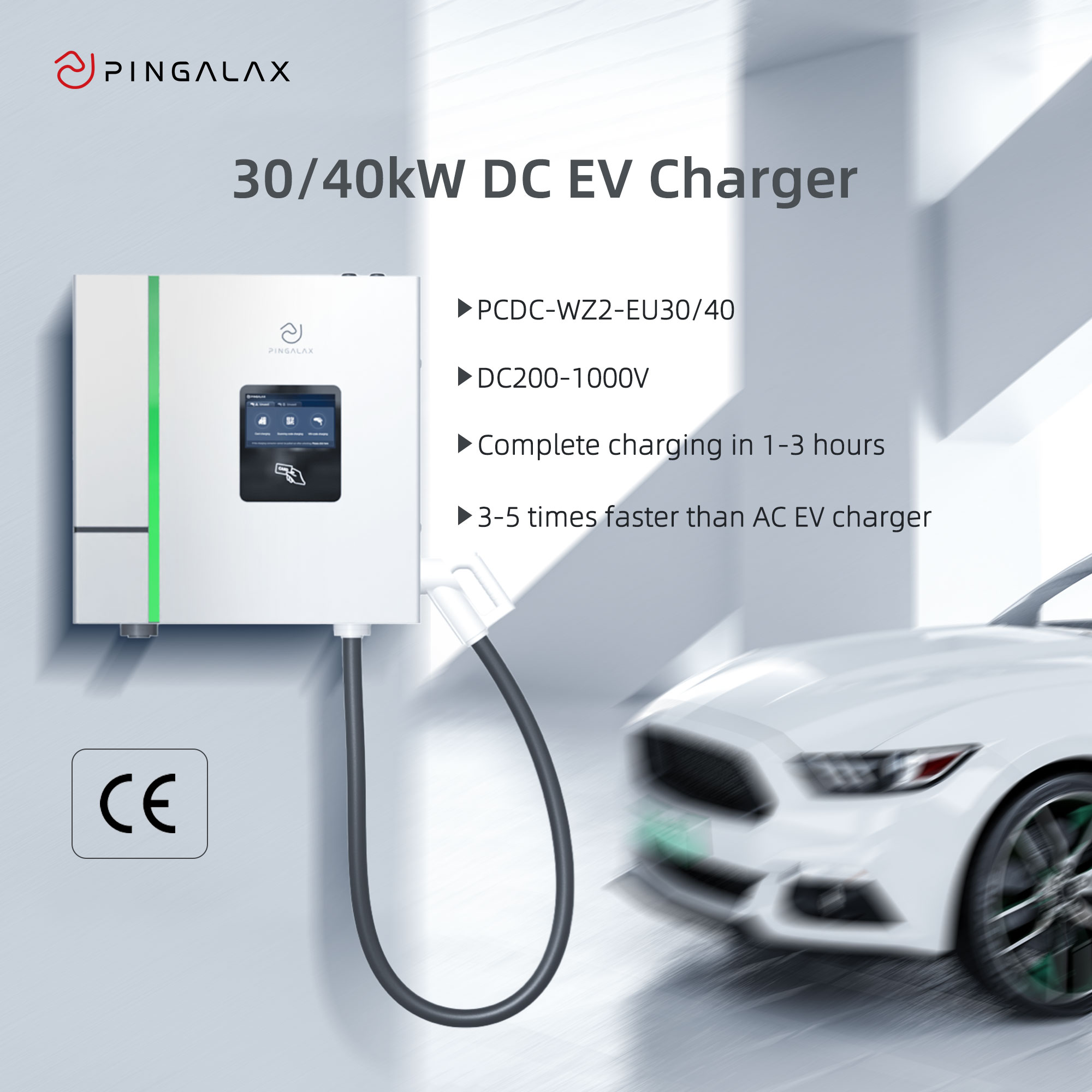Industry newsMay 13,2025By:
Public vs. Private Electric Vehicle Charging Stations: Pros and Cons
The growing adoption of electric vehicles (EVs) has led to an increasing need for charging infrastructure. EV charging stations can be broadly categorized into **public** and **private** setups, each with distinct advantages and drawbacks. Understanding these differences helps businesses, policymakers, and EV owners make informed decisions about charging solutions.
## **Public EV Charging Stations**
### **Pros:**
1. **Convenience for Long-Distance Travel** – Public chargers, especially DC fast chargers along highways, enable long trips by reducing range anxiety.
2. **Accessibility for Urban Dwellers** – Apartment residents and those without home charging rely on public stations for daily charging needs.
3. **Encourages EV Adoption** – A robust public network reassures potential buyers that charging is widely available.
4. **Revenue Opportunities** – Businesses (e.g., shopping malls, restaurants) can attract EV drivers by offering charging as an added service.
### **Cons:**
1. **Higher Costs** – Public charging is often more expensive than home charging due to service fees and electricity markups.
2. **Availability Issues** – High demand can lead to long wait times, especially at busy locations.
3. **Maintenance Challenges** – Public stations may suffer from vandalism, wear and tear, or technical malfunctions.
4. **Inconsistent Charging Speeds** – Some stations may offer slower charging than private setups, depending on power output.
## **Private EV Charging Stations**
### **Pros:**
1. **Cost-Effective** – Home charging typically uses residential electricity rates, which are cheaper than public charging fees.
2. **Convenience & Time Savings** – Private chargers allow overnight charging, eliminating the need for detours to public stations.
3. **Customization & Control** – Users can install high-power Level 2 chargers and schedule charging during off-peak hours for efficiency.
4. **Reliability** – Private stations are less likely to be occupied or out of service compared to public ones.
### **Cons:**
1. **High Upfront Cost** – Installing a home or workplace charger requires an initial investment in equipment and installation.
2. **Limited Accessibility** – Renters or those without dedicated parking may struggle to install private chargers.
3. **Scalability Issues** – Businesses with large EV fleets may need significant infrastructure upgrades to support multiple private chargers.
## **Conclusion**
Both public and private EV charging stations play crucial roles in the transition to electric mobility. Public chargers support long-distance travel and urban EV adoption, while private chargers offer cost savings and convenience for homeowners and businesses. The ideal charging strategy depends on individual needs—residential users benefit most from private setups, whereas public infrastructure remains essential for widespread EV accessibility. A balanced approach, combining both types, will be key to a sustainable and efficient EV ecosystem.

Check out Pingalax!